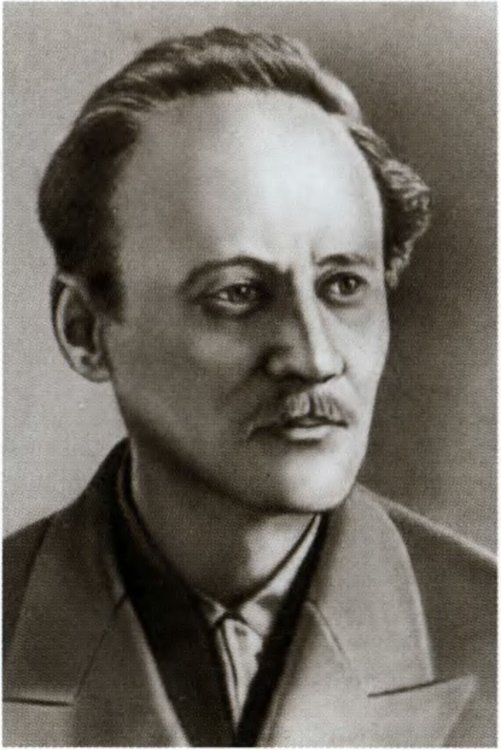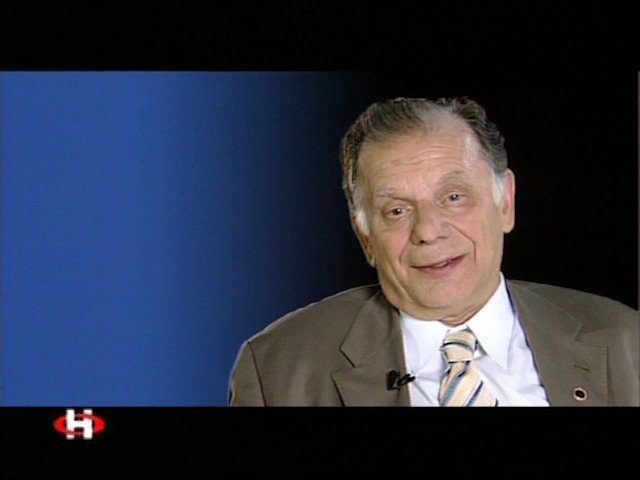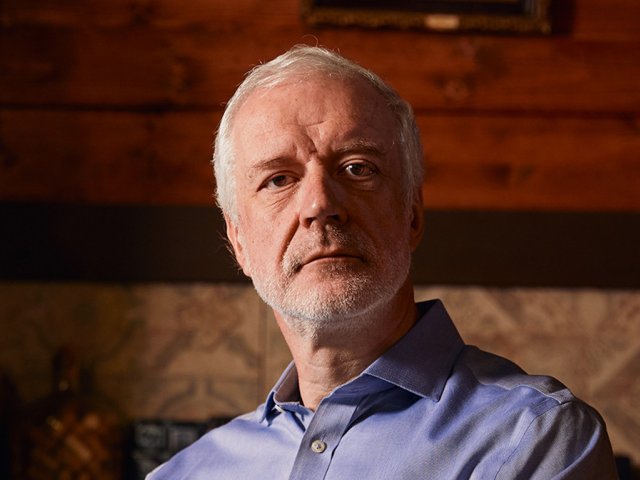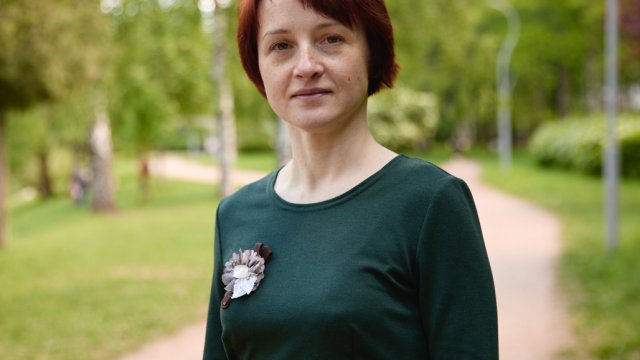Official:
Friedrich Arturovich Zander. August 11 (23), 1887 – March 28, 1933.
Soviet scientist, one of the pioneers of rocket engineering.
Life and Work:
1.
The goal is high: it lies in the endless sky,
And thoughts are a bowstring tighter by the day.
Human dares to find new ways to shining stars, requiring them like daily bread.
The names of future captains are yet unknown.
A builder's hand, a thinker's calculation,
A dreamer's revery will one day make the flight come true!
This poem in Russian by an amateurish ministrel is an acrostic. The first letters of the lines make his name: Zander F.A.
2. His companion was right. Zander's goal was indeed in the endless sky. An engineer, an inventor, one of the pioneers of rocket engineering in our country, Zander used the phrase “Onward to Mars” as his life motto.
3. Friedrich recalls, “Since childhood, I have enjoyed standing by the window and looking at the stars on dark winter nights.”
4. At the age of two, little Friedrich became a half-orphan – his mother died giving birth to his little sister. He was raised by the father, a doctor of medicine, fascinated by science and technology. Instead of fairytales, he told the kids about the stars and planets, told them that somewhere in space, there can possibly be intelligent life and wondrous creatures. Little Friedrich cried when he found out it was not yet possible to go there.
5. During the last year of secondary school, a teacher advised him a book by Tsiolkovsky Exploration Of The World Spaces By Reactive Devices. Since then, Zander went to bed and woke up with the dream of conquering space.
6. In 1905, Friendrich Zander took the first step to his dream – he entered Riga Polytechnical Institute. And he graduated in nine years. What took him so long? Reading books about mathematics, astronomy, aviation, meteorology, gyroscope construction, counting the trajectory of an interplanetary rocket, which could reach the surface of Mars.
7. On the 18th of September, 1908, Friedrich Zander started writing in a notebook titled Cosmic, or ether ships, that would provide communication between the stars. Movement in the world space. Years later, the notebook grew into a collection of serious scientific works.
8. “Science can make humanity happy,” wrote Zander. As for him personally, science did make him happy: all of his life he worked passionately on making his dream come true. In the hungry and cold 1920, when he had some free time from working at an aviation plant, he started thinking about the “construction of a flying machine to go out of earth atmosphere and develop cosmic speeds, as well as an engine for it.”
9. Zander believed that a spaceship could fly like an ordinary airplane, and, after reaching the boundaries of atmosphere, use unnecessary elements of the construction, that is, the wings, propellers and engine, as fuel.
10. The project was considered fantastic, but Friedrich did not give up. He used a blowtorch to make and test a jet engine on compressed air: OR-1. Experimental, rocket, first.
11. Among other Zander's ideas was the idea about the benefits of using steady-flow ram jets and the possibility of using and constructing a solar sail.
12. It was Zander who was the first to voice the thought about growing edible plants right on board of a spacecraft.
13. In 1931, Zander organized a section of jet engines at the Bureau of Air Vehicles at the Central Council of Osoaviakhim. In a couple of months, the section was transformed into the Group for the Study of Jet Propulsion (GIRD), where Zander worked with future space conquerors Tikhonravov and Korolev.
14. In 1933, the group launched the two first Soviet rockets, and one of them, liquid-fueled, was built according to Zander's design. But the dreamer did not see the launches: his body, worn out by work could not fight typhoid.
15. Zander was so carried away by the idea of interplanetary travels, that he named his children Mercury and Astra.
16. In the 20s and 30s, Zander actively corresponded with the hero of his youth K.E. Tsiolkovsky and even edited his works for republishing.
17. Zander's dreams about conquering the outer space came true.






















